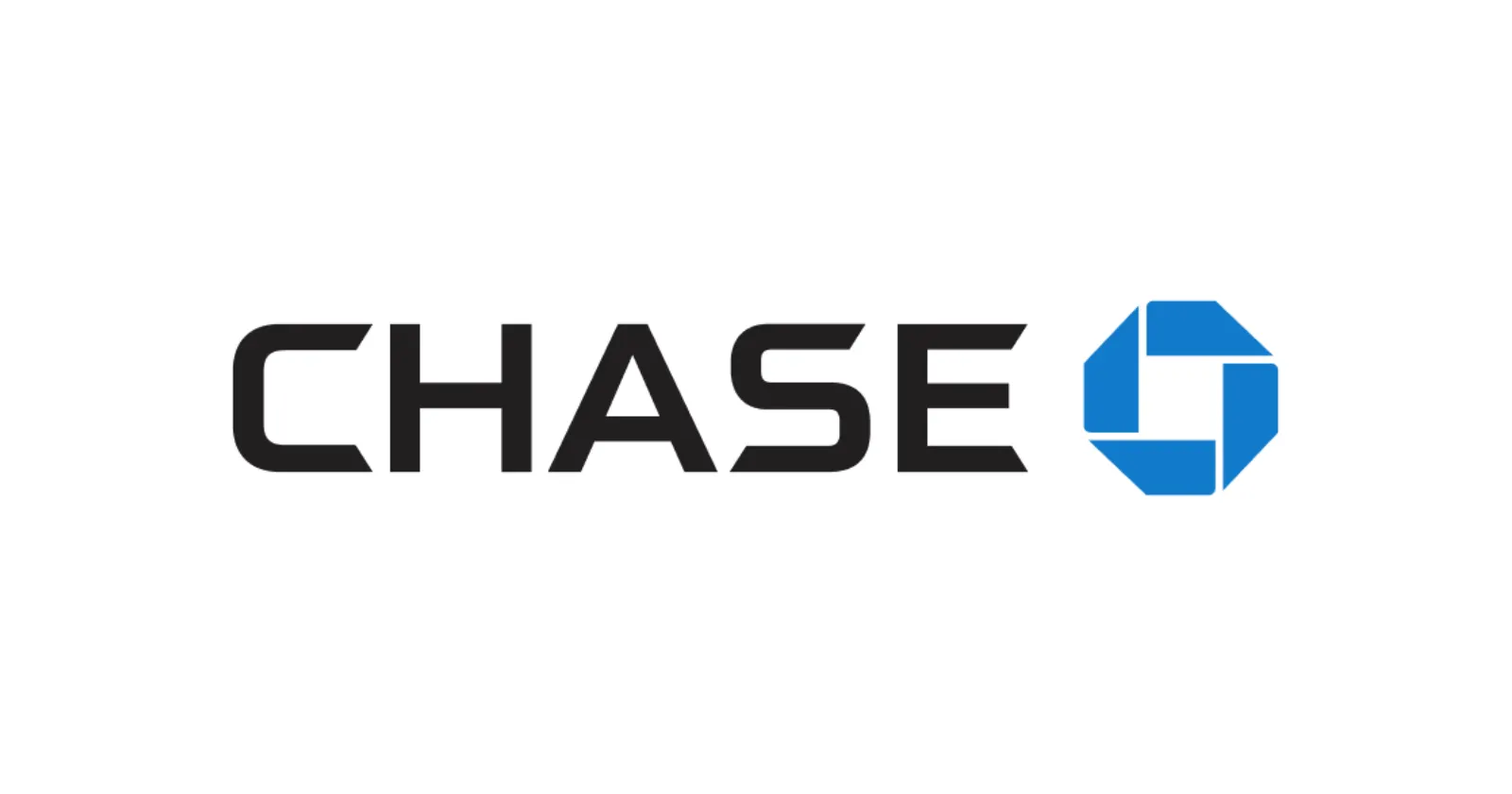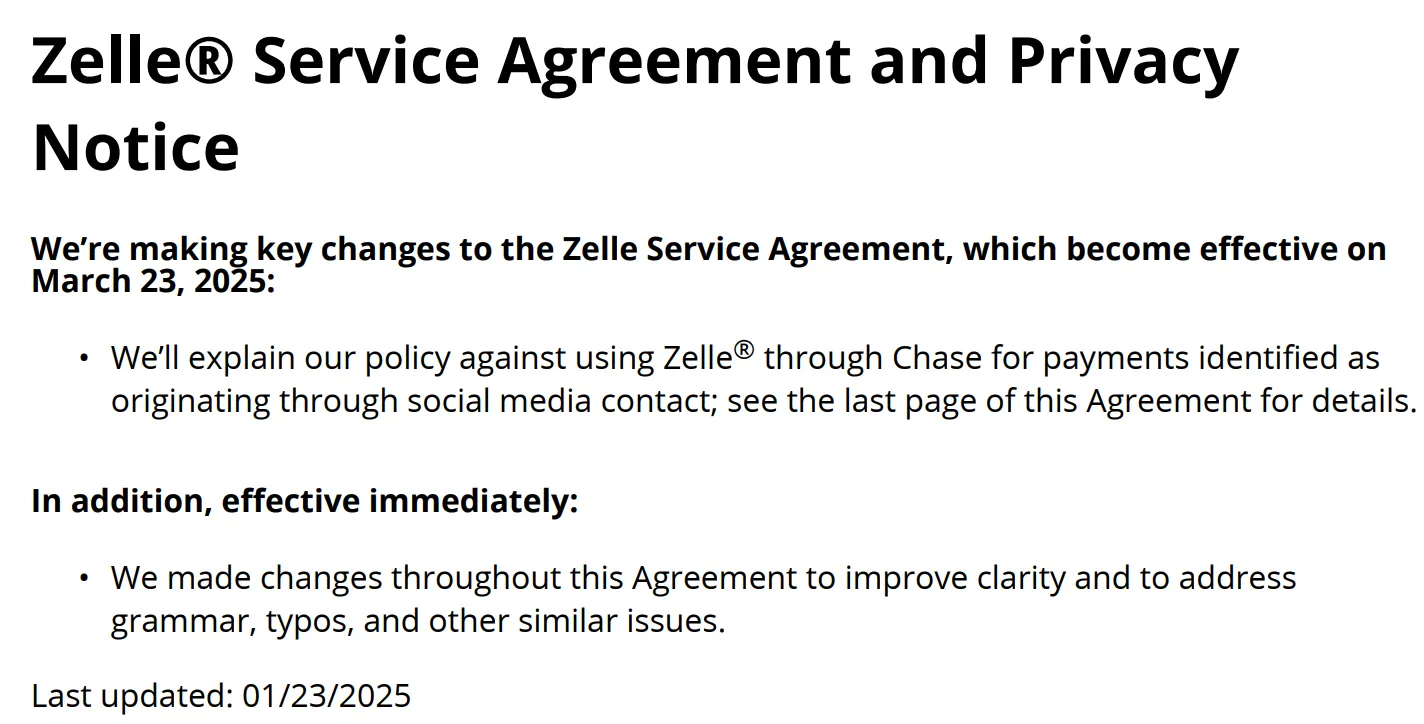When Chase Bank customers try to buy concert tickets through Instagram or a vintage lamp on Facebook Marketplace using Zelle in roughly a month, they might hit a roadblock. Starting March 23, 2025, the bank will block or delay payments sent through Zelle to people connected via social media. This is part of a broader effort to tackle scams surging through online platforms.
The move reportedly comes after Chase found that roughly half of all fraud claims tied to Zelle transfers in late 2024 stemmed from social media deals. Fraudsters often pose as sellers on platforms like Facebook Marketplace or Reddit, disappearing after receiving payments for goods they never deliver. Unlike credit cards or apps like PayPal, Zelle offers no purchase protection, leaving victims with little recourse.
The bank says they “may request information from you regarding your purpose of payment, or other details we deem appropriate to assess whether your payment has elevated fraud or scam risk, or is an illegal, ineligible or improper payment,” for your protection. Chase also clarifies that Zelle “should be used for payments between friends, family, and others you trust and should not be used to pay for goods from recipients with whom you are not familiar.”
This shift will impact consumers who regularly use Zelle for Facebook Marketplace purchases, Reddit exchanges, or other social commerce transactions. As mentioned above, when attempting such payments, users may be asked to provide additional information about the payment purpose to assess fraud risk.
The timing of this policy change follows a December lawsuit filed by the Consumer Financial Protection Bureau (CFPB) against Zelle’s operator, Early Warning Services, and three owner banks including JPMorgan Chase. The lawsuit alleged these institutions rushed Zelle to market without adequate consumer safeguards, resulting in over $870 million in losses since the service launched.
Financial data shows social media marketplace scams represent a growing threat. NatWest Bank reported them as the second-fastest-growing scam category, with 60% of young adults (18-24) reporting either personal financial loss or knowing someone victimized by online scams.
A major consumer concern with Zelle has been its lack of purchase protection. Unlike credit cards or services like PayPal, Zelle transactions are treated similarly to cash exchanges, leaving users with little recourse when defrauded.
The policy’s long-term impact remains uncertain, particularly as the CFPB faces political challenges. But for Chase, one this is clear: if a deal starts with a DM, Zelle might not end it.
TechIssuesToday primarily focuses on publishing 'breaking' or 'exclusive' tech news. This means, we are usually the first news website on the whole Internet to highlight the topics we cover daily. So far, our stories have been picked up by many mainstream technology publications like The Verge, Macrumors, Forbes, etc. To know more, head here.




